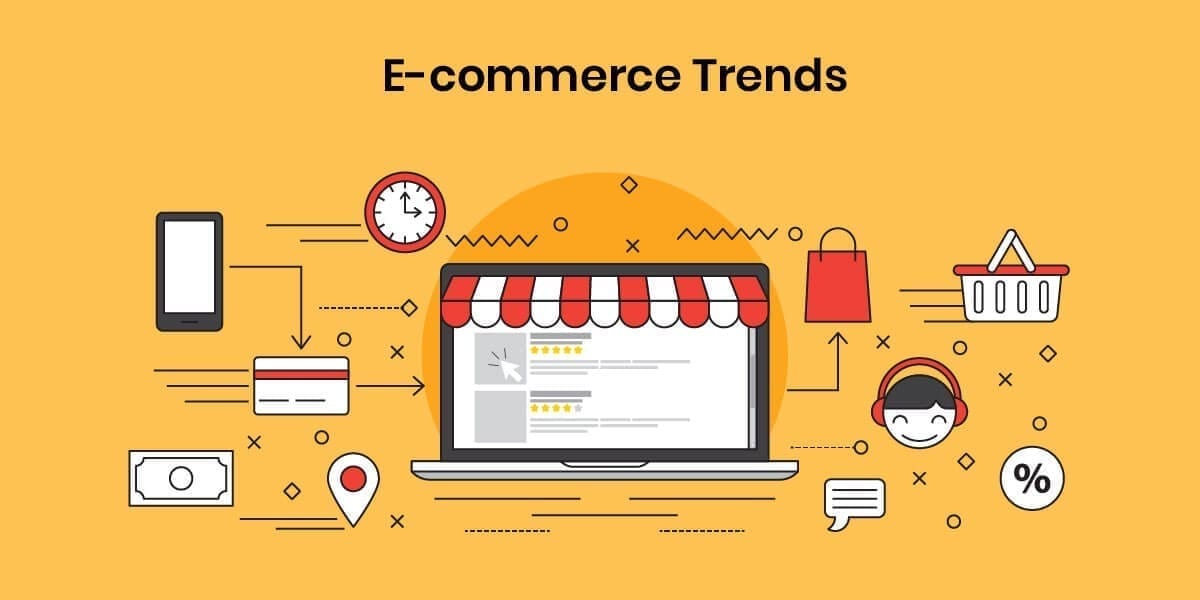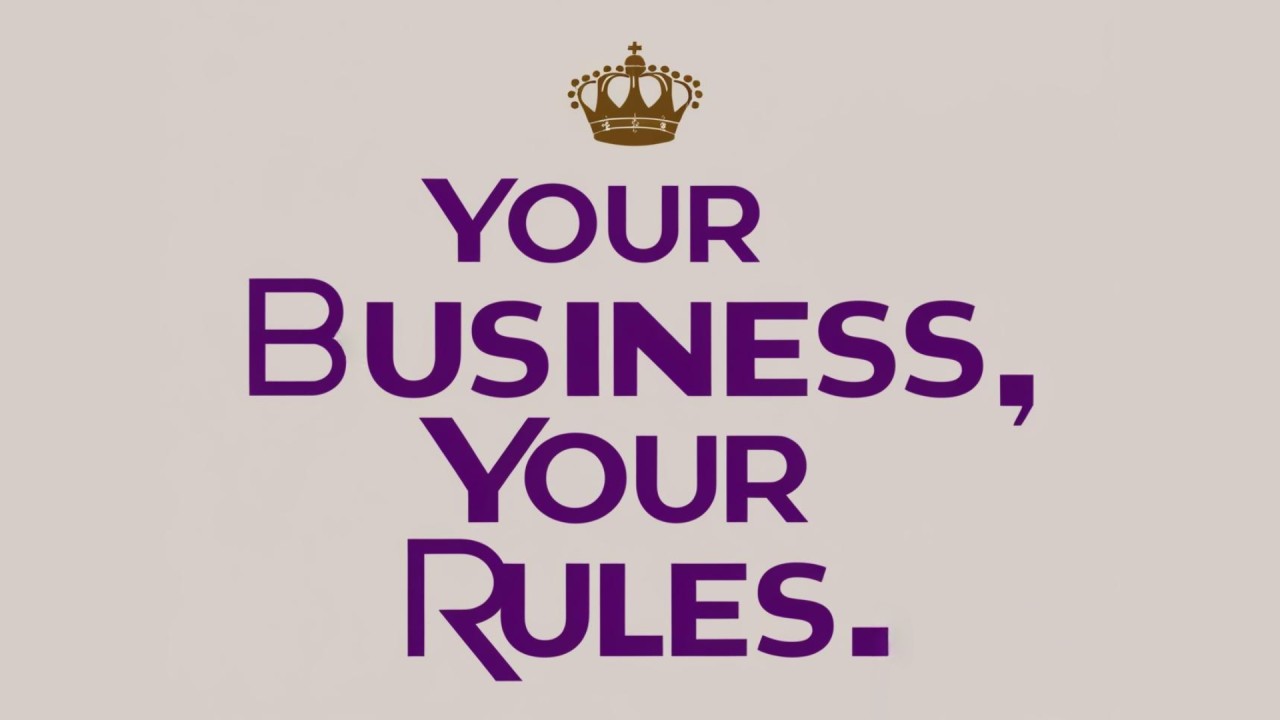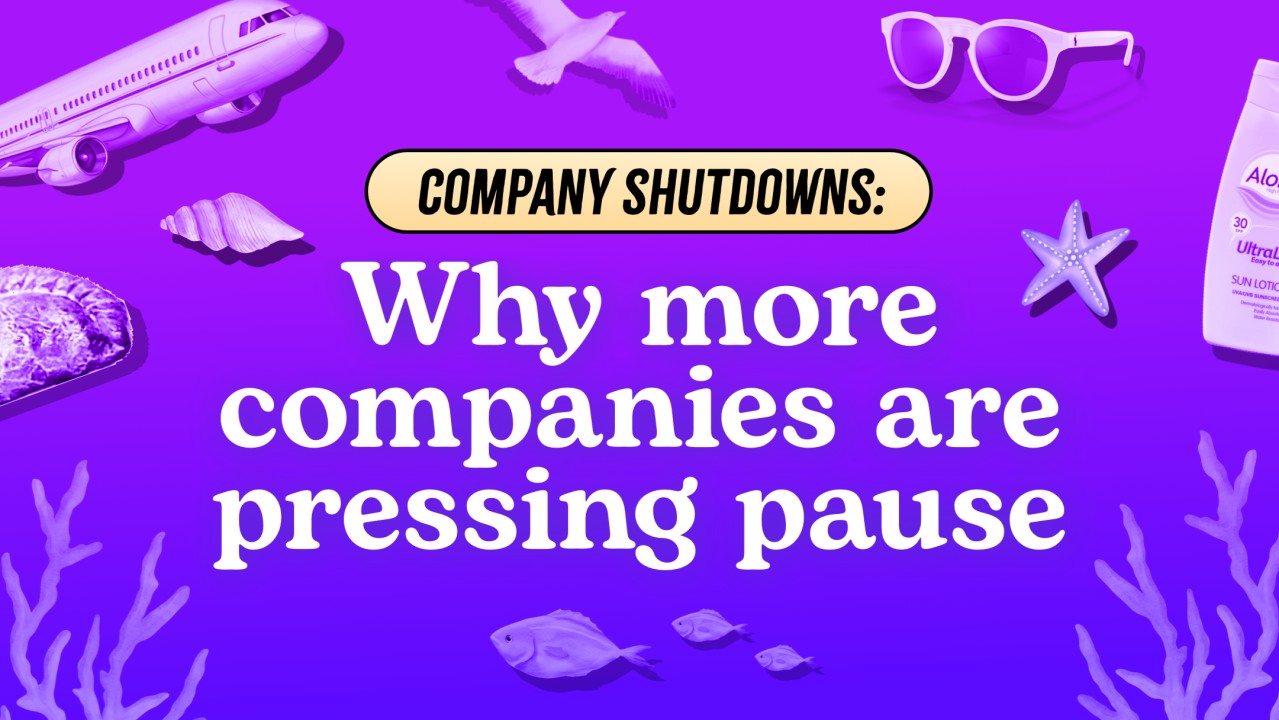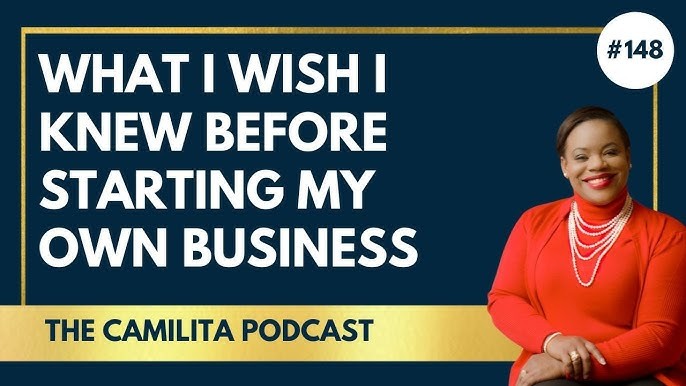In the modern business world, we are constantly bombarded with stories of overnight successes and explosive growth. The narrative is dominated by companies that achieve “unicorn” status in record time, fueled by massive venture capital rounds, viral marketing campaigns, and an endless stream of media hype. This focus on rapid-fire success has created a culture where immediate scale and disruption are seen as the ultimate measures of a company’s worth. However, while a sudden surge of attention and growth can be intoxicating, it often masks a deeper, more fundamental truth: true business success is not about the speed of the sprint, but the endurance of the marathon. Business longevity—the ability to not just survive but thrive over decades—is a far more meaningful and sustainable measure of a company’s strength and value than any fleeting moment of hype.
The intoxicating allure of hype often leads companies astray, pushing them to prioritize flash over substance. When a business is riding a wave of media attention and rapid growth, there’s immense pressure to expand at all costs, to capitalize on the moment before it fades. This can lead to rushed product development, neglecting crucial details in favor of a speedy launch. It can result in a frantic hiring spree, bringing on employees who don’t fit the company culture or lack the long-term vision. The focus shifts from building a solid foundation to simply feeding the beast of public expectation. While this approach might generate impressive short-term numbers, it creates a fragile structure. Without a strong core, the moment the hype dissipates, the company is left exposed, vulnerable to competition, and lacking the loyal customer base or operational resilience needed to weather inevitable downturns.
Longevity, on the other hand, is built on a very different set of principles. It’s a result of a long-term commitment to quality, customer trust, and operational excellence. Companies that endure for decades do so not because they were the subject of a viral social media campaign, but because they consistently delivered value to their customers, year after year. They have cultivated a deep understanding of their market, built strong relationships with their stakeholders, and developed a resilient culture that can adapt to changing circumstances. Think of companies that have been household names for generations—they didn’t achieve that status through a single moment of brilliance, but through a relentless, quiet dedication to their craft. They have perfected their processes, refined their products, and earned the trust of their customers through a track record of reliability and integrity. This kind of success is not a sprint; it’s the result of countless small, deliberate steps taken consistently over time.
One of the most significant advantages of focusing on longevity is the ability to build genuine customer loyalty. Hype can attract a crowd, but it’s consistent quality and reliability that keep them. When a business earns its customers’ trust over a long period, it creates a relationship that is far more durable than one based on a trendy product or a clever marketing campaign. Loyal customers are more forgiving of occasional missteps, more likely to refer the business to others, and provide a stable revenue stream that insulates the company from market volatility. This focus on building relationships also fosters a culture of deep listening and continuous improvement, as the company is constantly seeking to understand and meet the evolving needs of its most valuable asset: its long-term customers.
Ultimately, the choice between chasing hype and building for longevity is a choice between a fleeting, high-risk game and a deliberate, sustainable strategy. The hype-driven approach promises a quick jackpot but often leads to an equally swift downfall. The longevity-focused approach, while perhaps less glamorous, creates a business that is not just successful, but truly valuable. It builds a company that can withstand economic downturns, outlast competitors, and leave a lasting legacy. It’s a testament to the idea that lasting success isn’t about being the loudest voice in the room, but about being the one that customers can always count on. In a world obsessed with the new and the now, the quiet power of a business that has stood the test of time is a story worth far more than any fleeting headline.





